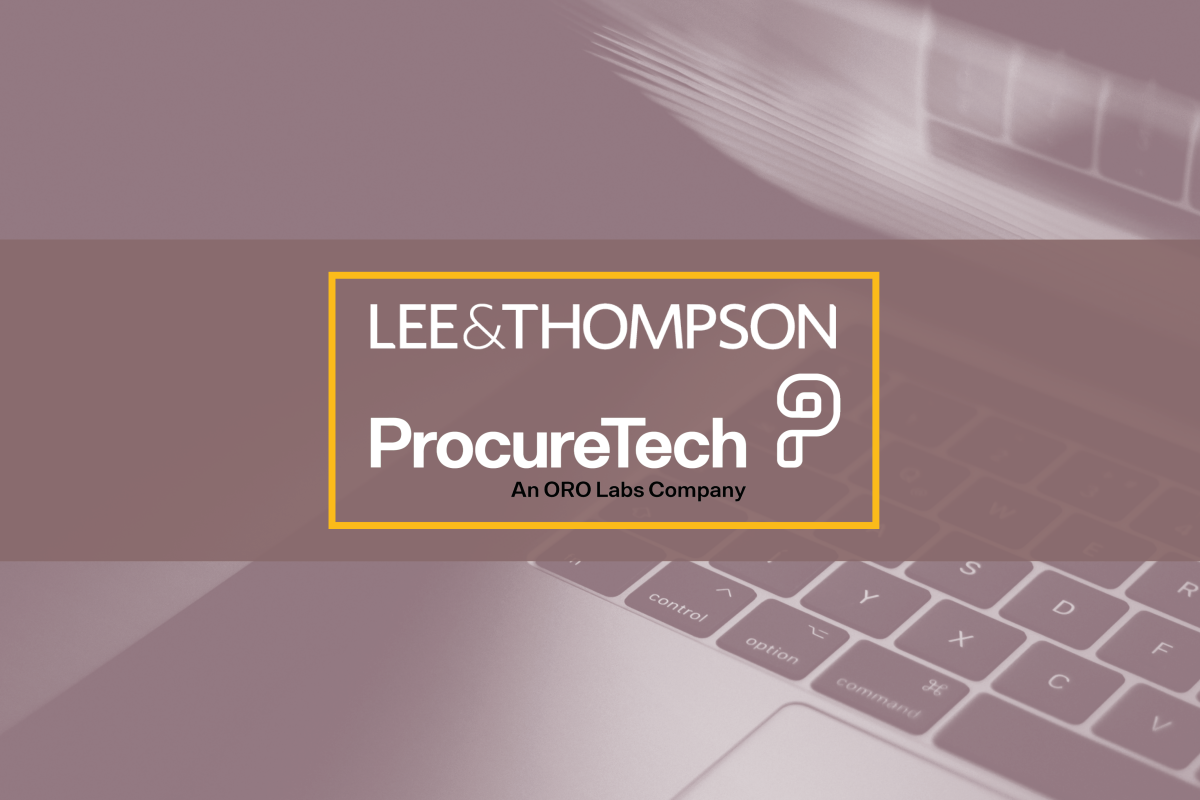
What Silver Lake’s Endeavor deal means for the future of media and the UK market
26th March 2025
The $25 billion take-private acquisition of Endeavor by Silver Lake isn’t just a power move, it’s a crystal-clear signal that private equity (PE) is doubling down on the business of entertainment. In an era defined by streaming wars, IP battles, and the race for scale, this deal could trigger a fresh wave of consolidation. The UK should be paying close attention.
Silver Lake already held a significant stake in Endeavor, but taking full control now allows it to pursue long-term, high-growth strategies without the quarterly pressures (and disclosure requirements) of public markets. That alone tells us something: the real value is no longer just in content, but in control: of platforms, data, talent pipelines, and above all, intellectual property.
Why This Matters: Global Money, Global Influence
Private equity firms have been circling media and entertainment assets for years, but this deal puts them firmly in the driving seat. Silver Lake now heads an empire that spans sports, live events, talent management, streaming rights and tech-enabled production, precisely the areas where traditional media and Big Tech are colliding.
For UK media companies, the implications are profound. The UK punches above its weight in global content creation – from high-end drama and unscripted TV to post-production, VFX, and sport – but many of its crown jewels remain comparatively under-leveraged on the global stage. That makes them prime targets.
What’s Next for UK Media and Tech Firms?
Expect a sharpening of interest in UK-based IP owners, rights aggregators, and niche production studios. PE is looking for scalable, tech-driven growth and the UK’s strength in creative storytelling, coupled with a maturing tech infrastructure, is fertile ground.
UK broadcasters and streamers may face renewed pressure to deliver shareholder value, and deliver it fast. ITV – frequently mentioned as a potential PE target – has taken bold steps to modernise its digital strategy, but Silver Lake’s move could put more urgency behind those efforts.
Mid-sized production companies, particularly those with strong IP portfolios or distribution reach, could attract interest from PE-backed consolidators. Media-tech startups – spanning adtech, AI in content localisation, audience analytics, and immersive production – may find new suitors or funding routes as PE firms look to plug capability gaps in larger portfolios.
But the flip side is this: once private equity takes hold, there’s often a shorter runway for performance. Creative leadership can be squeezed, and there’s a risk that long-term innovation is sacrificed for near-term returns.
We may see an uptick in M&A activity within the UK as smaller players seek scale to remain competitive, or as founders realise that joining a larger, PE-backed entity may offer the capital and platform to break out internationally. There’s also a strategic question brewing for UK policymakers and regulators. As more media infrastructure shifts into private hands, often US-based, how do we ensure the UK’s creative independence and cultural influence aren’t eroded?
Silver Lake’s move is bold, but it’s not isolated: consider Candle Media’s Blackstone-backed acquisitions. This is not just about entertainment; it’s about owning attention, data, and distribution at scale. And in a market where streaming margins are being squeezed and tech platforms are dominating content discovery, owning vertically-integrated assets is the endgame.
Private equity isn’t just financing the future of media, it’s redesigning it. For UK creatives, this means opportunity, pressure, and a crossroads. Now is the time to scale smart, defend your IP, and stay close to the capital, or potentially risk being outpaced by global money with a clear playbook.
Find out more about our expertise in Corporate here.

